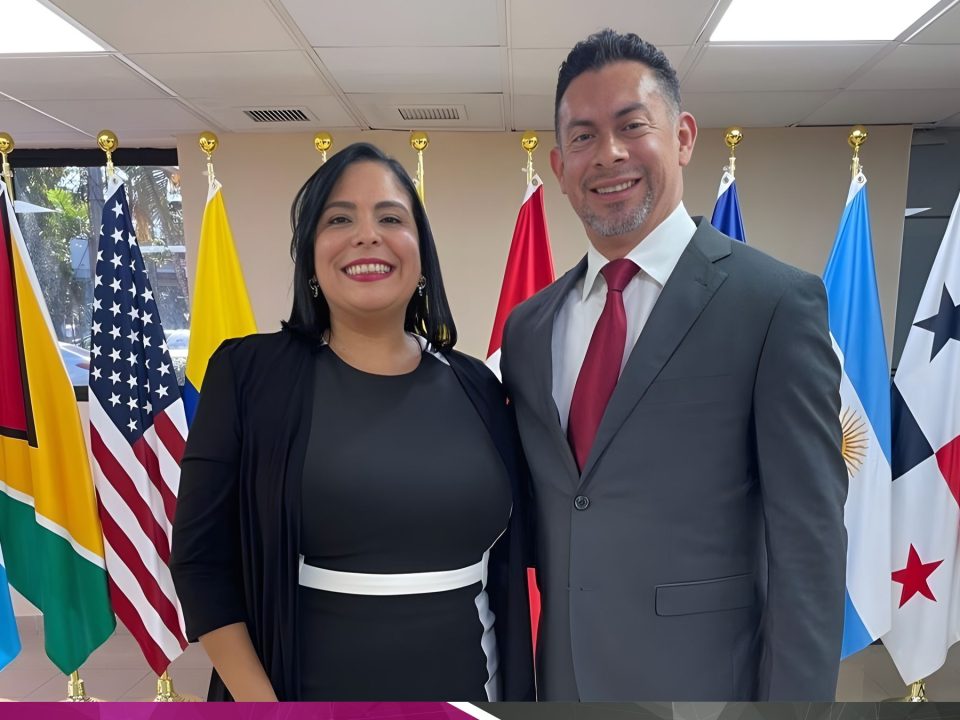
Javier Vallarino, a speaker at ANREH’s workshop on employee disengagement
29/08/2025
Icaza ranked in Latin Lawyer 250 2026
05/09/2025A response to the abuse in the purchase or fabrication of medical disability certificates.
In recent years, there has been an increase in the frequency with which employers request public or private clinics or health centers to verify the authenticity and legitimacy of medical disability certificates submitted by their employees. As a result, from the mistrust generated by the harmful practice of purchasing, fabricating, or tampering with these documents.
In response to this issue, which has spread throughout the country, on August 11, 2025, the Executive Branch issued Executive Decree No. 17 of August 11, 2025. Its essential objectives are to regulate: i) the formalities and conditions for the issuance of Medical Disability Certificates, and ii) the procedure for verifying the authenticity and validity of such certificates, to ensure proper management, monitoring, control, and traceability.
Executive Decree No. 17 of 2025 establishes that any employer who suspects the fraudulent issuance of a medical disability certificate may submit the following documentation to the Ministry of Health (MINSA in Spanish) to request verification of the validity and authenticity of the certificate:
- Request containing the applicant’s general information, the personal information of the employee who submitted the certificate, and the doctor who issued it;
- Name of the health facility or clinic (public or private) where the certificate was issued;
- Exact location, including building name, street, sector, township, district, province, telephone number, etc.,
- Original Medical Certificate or a copy notarized by an Authorized Public Notary.
The Regional Health Director responsible for the healthcare area will receive the application and initiate the investigation.
Additionally, Executive Decree No. 17 establishes that the following constitute administrative infractions:
- Issuing a certificate that does not reflect the patient’s actual health condition.
- Charging or paying directly for the issuance of disability certificates without an adequate evaluation of the patient by the physician.
- Issuance of a medical disability certificate by someone who is not a duly licensed physician or dentist.
- Issuing a certificate that is not produced on a pre-printed continuous form with sequential numbering.
- Issuing a certificate without the physician’s registration number.
- Issuing a certificate that does not include the full name, address, and telephone number of the clinic, hospital, or public or private institution where it was issued.
- Issuing a certificate that does not indicate the specific date and time when the disability begins and ends.
- Failure by the physician or dentist to file a copy of the issued certificate in the patient’s record at the clinic or institution where it was issued.
Medical disability certificates that do not comply with the provisions of Executive Decree No. 17 will be deemed null and void, with all the corresponding legal consequences. In labor matters, this includes the possibility of disciplinary sanctions against the employee who submitted the illegitimate medical disability certificate (dismissal with just cause).
Indeed, once evidence of the illegitimacy of the medical certificate is obtained, the employer may safely proceed to dismiss the employee with just cause of a disciplinary nature, based on the employee’s lack of probity and honesty and/or on an allegedly criminal act committed by the employee.
This new regulation seeks to stop the fraudulent practice of obtaining false medical disability certificates, reinforcing oversight and the validation processes for their issuance.
Why is this important for employers?
Executive Decree No. 17 of 2025 will help employers by:
- Allowing them to ensure the legitimacy of absences justified on health grounds.
- Help them prevent abuses of the system.
- Protects business productivity.
- “Cleaning the house,” since it enables the identification of irregularities in the issuance of medical disability certificates, fostering a more efficient work environment.
- Discouraging dishonest practices by both employees and health clinics.
Final Considerations
Before the entry into force of Executive Decree No. 17 of August 11, 2025, employers were already able to investigate the authenticity of medical disability certificates, particularly if the document in question had been issued by a public health facility, by directly requesting the Medical Directorate of the Polyclinic (CSS) or Health Center (MINSA) to certify the legitimacy or authenticity of the certificate.
In fact, Medical Directorates of public health facilities usually responded promptly to requests for verification of medical disability certificates, certifying, for example, that:
- The certificate was not issued by the doctor indicated in the document.
- The signature did not correspond to that of the doctor indicated in the certificate.
- The certificate numbering did not match the booklets managed by the clinic.
- There was no evidence or record that the employee was treated at the clinic on the date the alleged certificate was issued.
The real problem for employers lay in obtaining timely and accurate responses from private clinics, especially from those of dubious reputation, which are notorious for dedicating themselves almost exclusively to selling medical disability certificates.
Thus, we consider the main advantage of Executive Decree No. 17 of August 11, 2025 to be the possibility of verifying the authenticity of medical disability certificates issued by private clinics, especially those of questionable reputation.
Statute of Limitations to Dismiss
Article 13 of the Labor Code provides that the employer’s right to dismiss an employee for just cause expires two (2) months from the date on which the employee committed the offense(s) that justify dismissal.
This provision also establishes that when the employee’s offense constitutes a crime, the two-month period for dismissal runs not from the date on which the offense was committed, but from the date the employer became aware of the offense.
When does the employer become aware of the offense?
In our opinion, when the employer receives certification from the public or private clinic confirming that the medical disability certificate submitted by the employee is not legitimate.
Should the employer pay the days of disability indicated in the contested certificate?
Our recommendation is that the employer proceeds to pay the days of disability identified in the medical certificate, even if the certificate has been altered, is clearly false, or there are reasonable suspicions that it is fabricated and illegitimate.
Why?
Because this will strengthen the theory and evidence of the employee’s deception in the event of a positive response from the clinic. Indeed: i) if the illegitimacy of the medical disability certificate is proven, and ii) if the employer has paid the disability days mentioned in the certificate, this reinforces the claim of dishonest conduct by the employee, in that they sought to deceive their employer and get paid for one or more fictitious disability days that were, in fact, unjustified absences disguised as legitimate through the submission of an illegitimate certificate.









